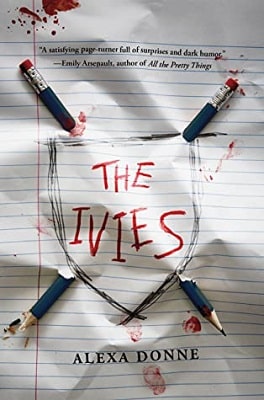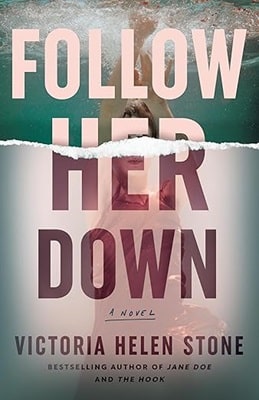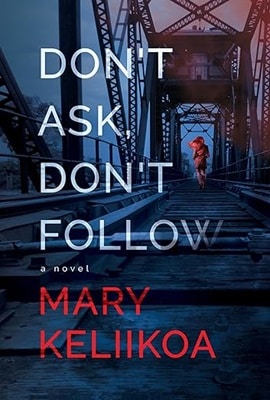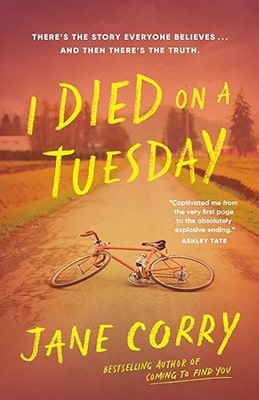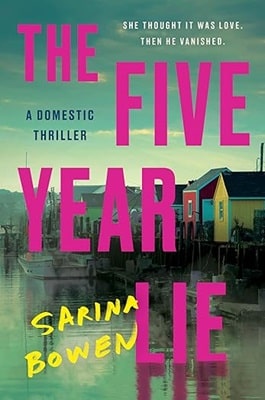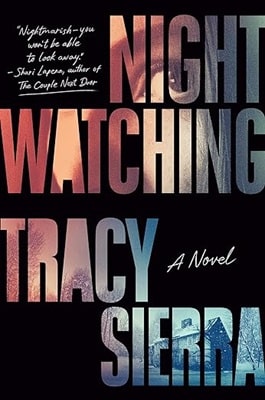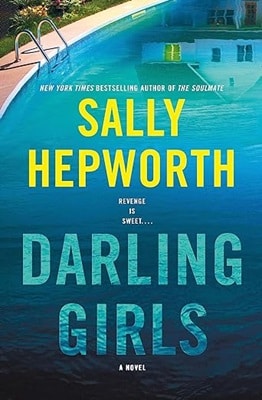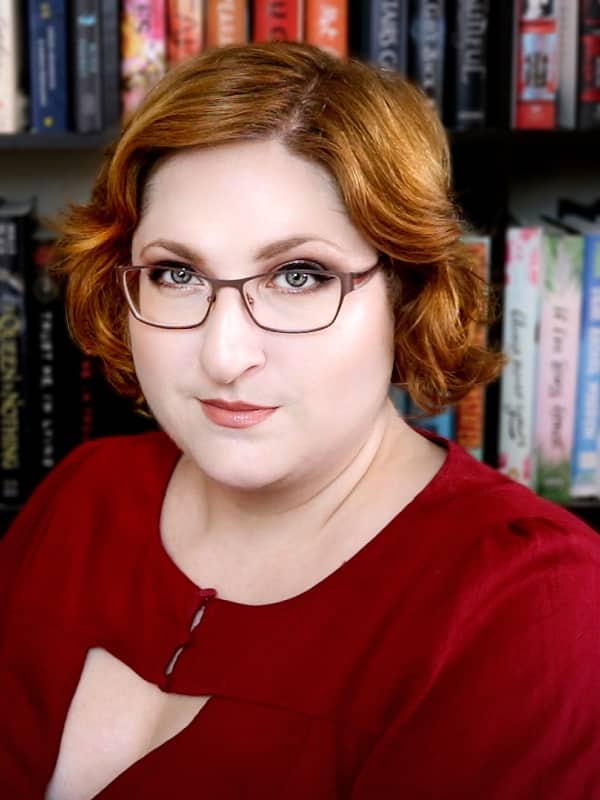
Q&A
Alexa Donne
Alexa Donne is the author of Brightly Burning and The Stars We Steal, YA sci-fi romance retellings of classics set in space out now from Houghton Mifflin Harcourt. Her next YA, The Ivies, a thriller set in the world of competitive college admissions, will be out in May 25, 2021.
Q. You’ve described The Ivies as Mean Girls meets competitive college admissions. Is it as laugh-out-loud funny as it sounds?
Alexa: I do hope it’s appropriately funny in places—there’s biting humor in it, and a satirical edge. Competitive college admissions is in and of itself a bit ridiculous—teenagers resume padding and worrying about curing cancer before they’re eighteen to give themselves an edge. (That in and of itself sounds like a joke, but teenagers routinely worry on college advice forums about not having scientific papers published, inventing apps, starting non-profits, etc. by senior year because that is what they see many of their peers doing to get into the Ivy League.) So there are lots of one liners, and true things I’ve seen played for some comedy, alongside some soapy darkness. I do hope it’s a fun ride for readers and they get a few laughs out of it.
Q. Besides being a celebrated novelist, you also run a popular writing advice channel on YouTube. How long have you been doing it? What inspired you to start?
Alexa: At first YouTube terrified me! I said ‘oh I could never do that.’ Filming yourself, the whole video medium, was so intimidating. But I love giving advice, adore mentoring, and I saw a lack of transparency about certain aspects of the publishing process and really wanted to be able to share some insights. A friend convinced me to join a growing niche on YouTube: Authortube. I joined in June 2017, shortly after announcing my first book deal, so I’ve been at it for nearly four years. The evolution ended up surprising me, honestly. I only intended to cover nitty-gritty industry topics and maybe do some fun listicles, but viewers started asking for craft-related topics, so I had to figure out how to, essentially, teach. Still not sure I’ve cracked it, but I’ve come to really enjoy diving into topics and providing an extensive, free resource. I firmly believe that privilege/money shouldn’t exist as a barrier to entry into writing/publishing (or college!), and so it’s evolved into a passion project.
Q. Your books sometimes feature complex, messy girls. Why do we love to read about complicated people? Do you to take particular joy in less-than-squeaky-clean characters?
Alexa: My favorite people, real and fictional, are complex. Few of us exist in absolutes, and in fiction especially you get more interesting stories and conflicts when characters are imperfect. In particular, yes, I love “messy” girls—I enjoy both reading and writing women (and people) who are allowed to both buck against their socialization but also lean into it without judgment (I will always defend any woman, or person, who enjoys makeup, dresses, favors kindness, or any other thing that society tends to punish people for when they go against for lean into expectations, etc.). And also the relationships between women, especially young women, can be rich with highs and lows, misunderstandings and conflicts… and fighting through those things is something a lot of people can relate to. Toxic friend dynamics in general is a relatable thing for teens and beyond. High school (and for many of us into college and our early 20s!) is when we figure out ourselves, others, test boundaries, develop greater empathy… but sometimes, as I say in the book, you’re only meant to be friends for a short time and then you move on. And some people just ARE toxic… and part of the journey, which is fun to explore in fiction, is realizing the depths other people are willing to go to that you wouldn’t otherwise fathom… and then seeing how those characters reflect, grow, and change for better or for worse. (For worse is rather fun, in a thriller.) But similarly: often it’s situations and group dynamics that breed toxicity, and that’s something I’m drawn to in “messy girls” or “messy friend group” stories. College admissions is a high pressure environment that can breed a lot of untoward behavior and festering resentments.
Q. You’ve described yourself as a “Slytherclaw,” which I imagine is half Slytherin, half Ravenclaw. What about you is particularly Slytherclawy?
Alexa: I actually know a lot of Slytherclaws! Lots of us in fandom and in publishing. We’re bookish, love learning, adore spreadsheets… but we’re practical and pragmatic, too. We approach things strategically and thoughtfully. I’ve always found it unfortunate the flack Slytherin gets, which I’ve always thought came down to the author’s own biases and black and white thinking (which may be one reason we’ve seen such appalling behavior in the last year or so that has caused many fans, including myself, to reevaluate our relationship with Harry Potter). Slytherin doesn’t have to be bad: not all calculation, strategy, or even manipulation is bad. There are entire industries predicated on these skillsets, such as marketing or PR. Understanding how people and things work and then using those powers for good? For action? That’s good! To me that’s Slytherclaw: an intense need to KNOW THINGS mixed with a drive to DO THINGS (purposefully).
Q. What are you working on now?
Alexa: I am hard at work drafting and editing my next YA thriller, Murder, She Texted. It’s a love letter to Murder, She Wrote and small town secrets mysteries with a meta twist. Very different from The Ivies—less about awful people in high pressure situations and more about the faces people choose to show and found families. And it has a love triangle which I am very much enjoying writing!
Alexa Donne's Latest
The Ivies
Everyone knows the Ivies: the most coveted universities in the United States. Far more important are the Ivies. The Ivies at Claflin Academy, that is. Five girls with the same mission: to get into the Ivy League by any means necessary. I would know. I’m one of them. We disrupt class ranks, club leaderships, and academic competitions…among other things. We improve our own odds by decreasing the fortunes of others. Because hyper-elite competitive college admissions is serious business. And in some cases, it’s deadly.
More Thrillers
Advertisement

